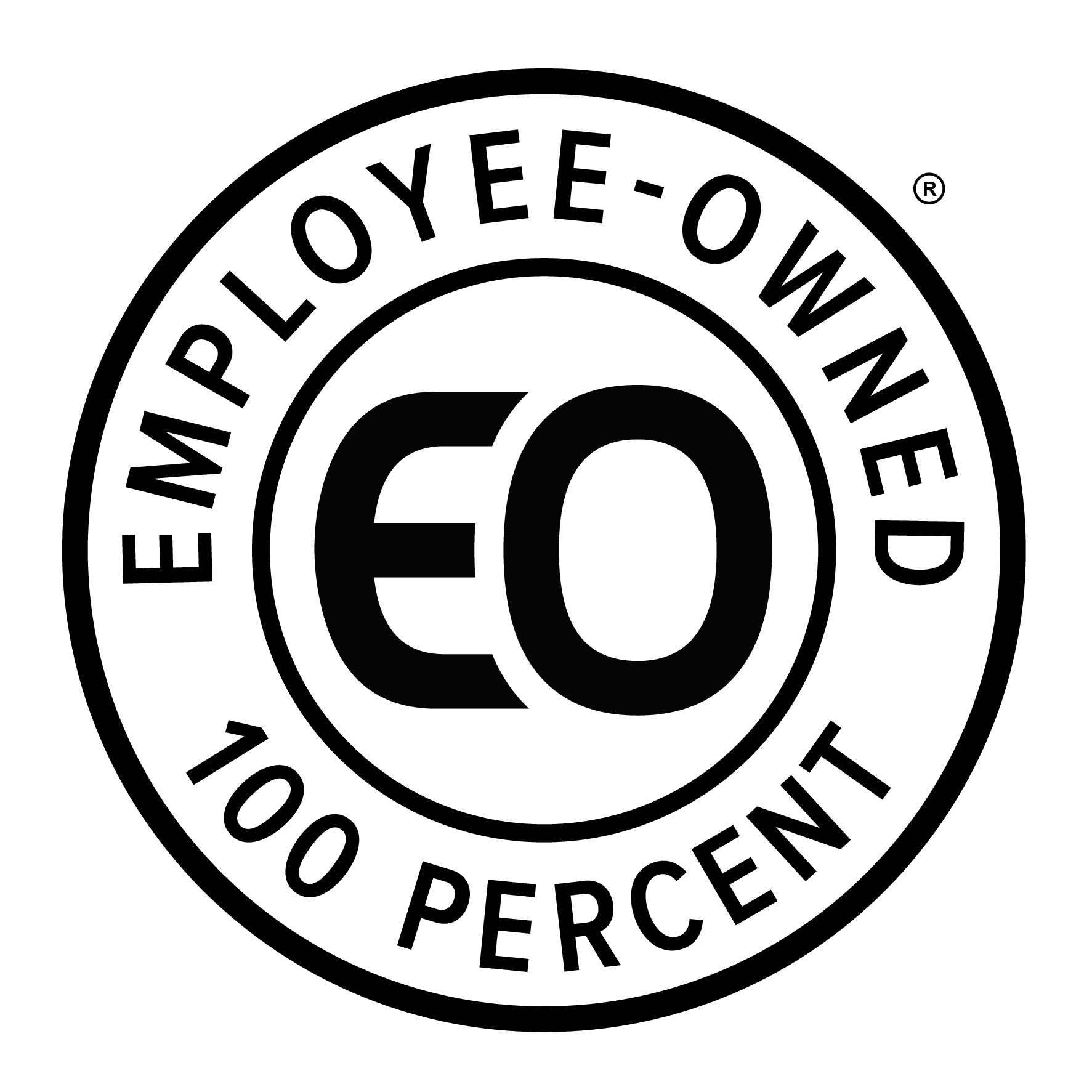The pandemic changed employment. In the latest report from the Bureau of Labor Statistics for June 2021, Americans “who quit or voluntarily left their previous job and began looking for new employment increased by 164,000 to 942,000.” It’s being termed “The Great Resignation,” as people reassess work life after the lockdown. Career advancement and the ability to continue to work remotely are two big reasons for seeking a new position, according to a recent poll conducted by Prudential.
There are many unknowns associated with job changes. Before you make the leap, there are several areas you should be thinking about. Your job is probably your most valuable asset in terms of creating wealth. Here’s what to do before changing jobs.
Financially Prepare for a New Position
It is always a good idea to have an emergency fund in place and it is especially important when you are about to make a major life change. Generally, you want to keep six months of living expenses in an account. Often, there is a gap between your previous paycheck and your new one. A financial cushion ensures that you won’t get caught playing catch up in the interim.
These days, with remote work more of a reality than before, you may not experience the costs associated with relocation. But the work landscape continues to evolve and you may be asked to move in the future. Therefore, set aside funds for moving expenses and real estate transactions, among other costs.
However, you may be considering a job change for reasons other than increased salary. Understandably, job satisfaction sometimes plays a bigger role than money. If that’s the case, you may want to carefully consider what impact a reduced income will have on your lifestyle, and what concessions you may need to make.
Details of the Job Offer
It helps to have a trusted advisor review the terms of your offer. A CERTIFIED FINANCIAL PLANNER™ professional can help evaluate if you are getting a competitive offer and collaborate with outside experts to review your offer letter or employment contract.
Is there an equity agreement associated with the offer? Many companies offer ownership stake in the form of stock options and restricted stock units. Company equity awards are typically granted at higher levels in an organization, so that’s a benefit you may be able to negotiate. Also, it is important to know the difference between options in a privately held company versus a publicly traded one.
Some companies may try to offer options in place of a higher salary. That’s a gamble you should weigh. If a company unexpectedly underperforms, your options may be less valuable or potentially even worthless. Also, make note of the vesting schedule. Many businesses have a four-year vesting period, with a one-year cliff at the outset.
Does the position provide a retirement benefit, like a 401(k)? Depending on your financial situation, there are other options to 401(k) accounts. Your CFP® professional can explain alternatives, such as IRAs, qualified investment accounts and health savings accounts. It’s important to have someone who’s knowledgeable and can guide you.
Retirement Benefits Transfer and Withdrawal
You may already have a 401(k) with your previous employer. There are several options available. If you withdraw your funds, you may face some serious penalties and fees. So here are other ways to handle it.
- You can roll your 401(k) directly into an IRA. Before doing so, consider a Roth conversion for an existing IRA account and also evaluate your other options.
- You may be able to leave the account open with your former employer.
- You can choose to roll over your account to a 401(k) with your new employer. In a direct transfer, the administrator of the old plan will deposit the money directly into the new plan. That eliminates the risk of owing taxes or missing a deadline. Make sure you understand any difference between the plans.
- Are you nearing retirement? Money in the 401(k) of your current employer does not fall under the rules of required minimum distributions, whereas funds in other 401(k) plans and traditional IRAs may be subject to RMDs.
- If you are concerned about future lawsuits or claims, it may make sense to leave your money in your existing 401(k), depending on the state you’re living in. For example, laws in California protect 401(k) funds more thoroughly than funds in an IRA account.
- Are you over age 59 ½? You can begin withdrawing funds from your account without paying the 10% penalty, and income taxes, for early withdrawal. Weigh this decision though; you don’t want to have to start saving for retirement all over again.
Changing careers can be many things: exciting, stressful, and life enhancing. You don’t want it to be risky. Contact us to get the support you need from a Marshall CERTIFIED FINANCIAL PLANNER™ professional.




